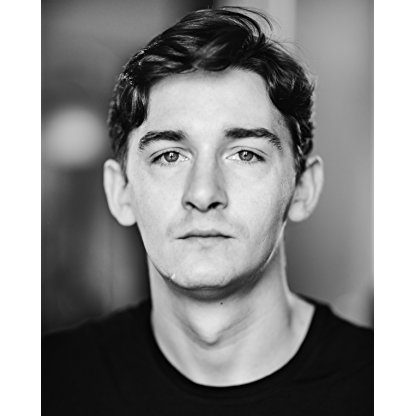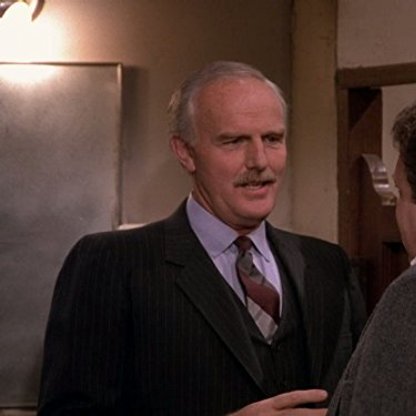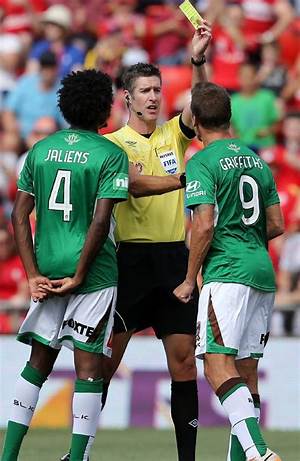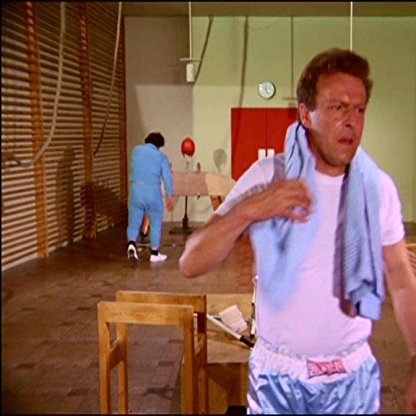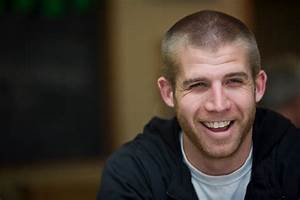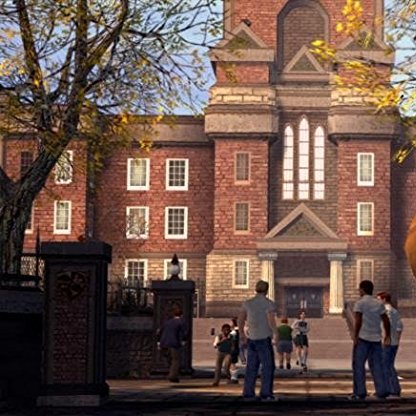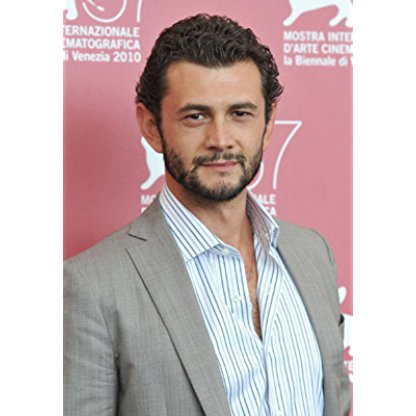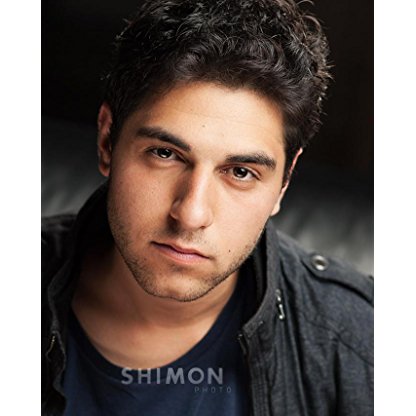Mr. Shannon was also Vice President, Music for Carolco Pictures, Inc. from 1988 to 1992, working on motion pictures such as Terminator 2: Judgment Day, Rambo III, Red Heat, Mountains of the Moon and several television films. After leaving Carolco, he was Music Supervisor on the hit films Basic Instinct and Universal Soldier. He left the entertainment Business and has a MA in Psychology from Newport University.
